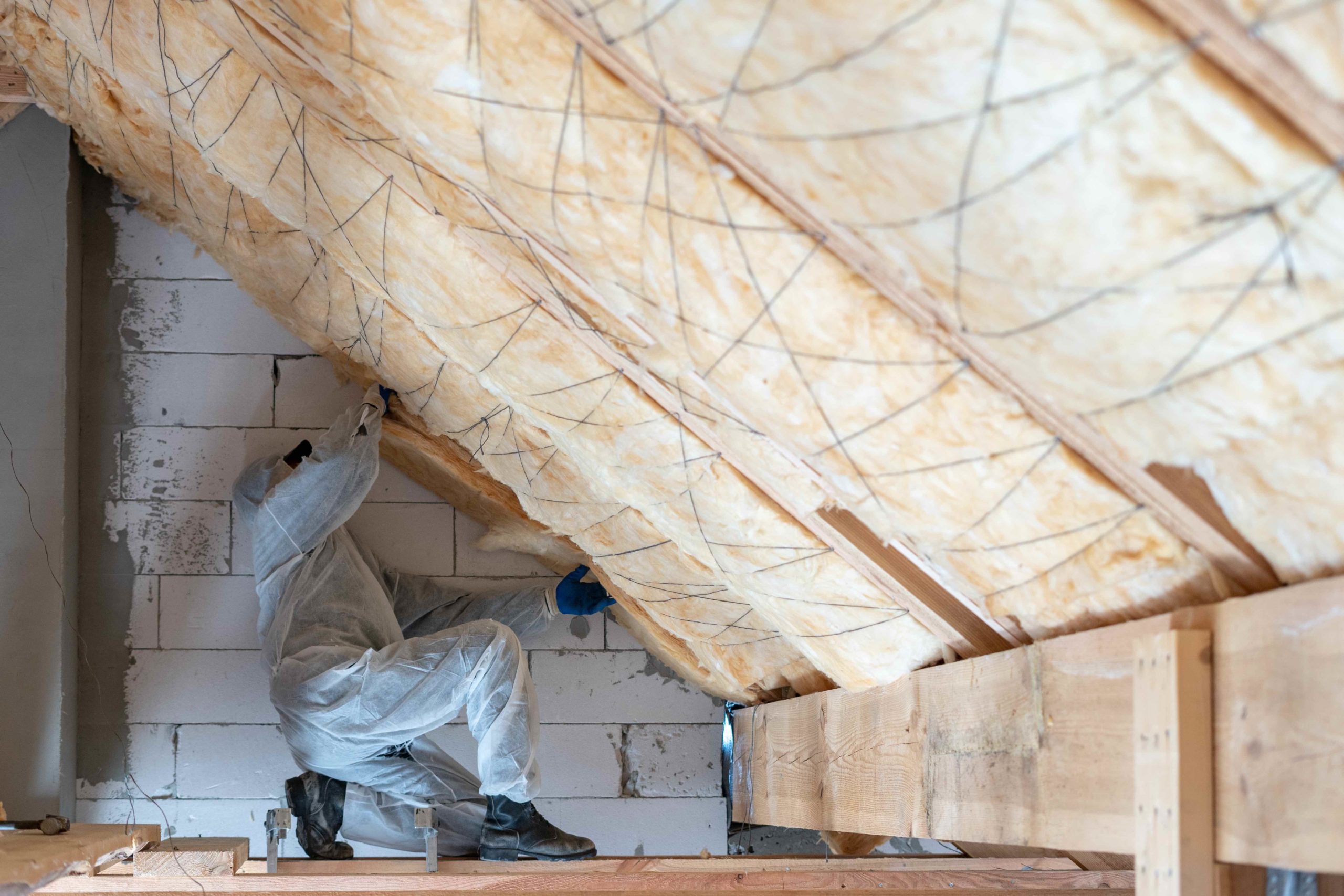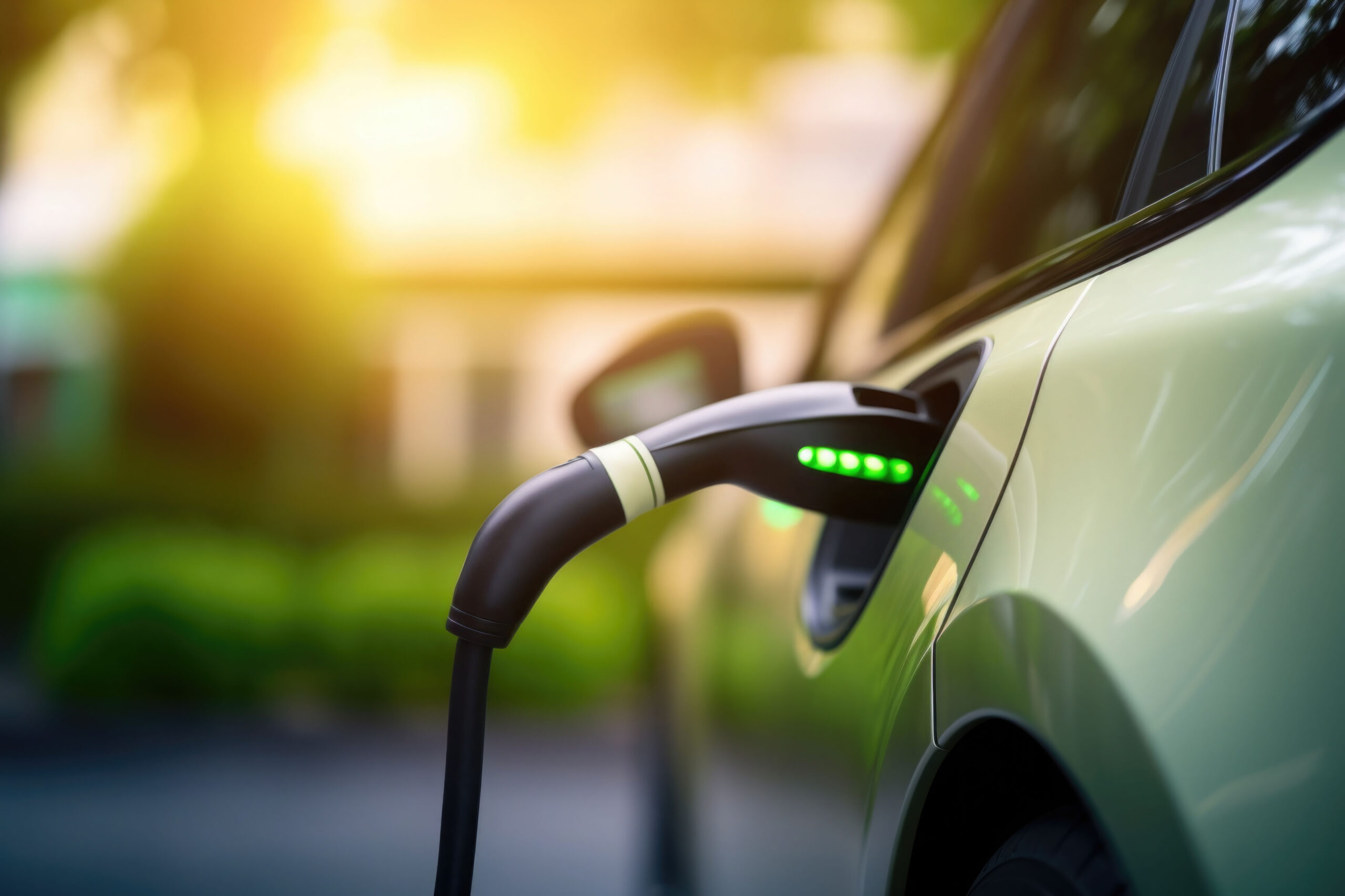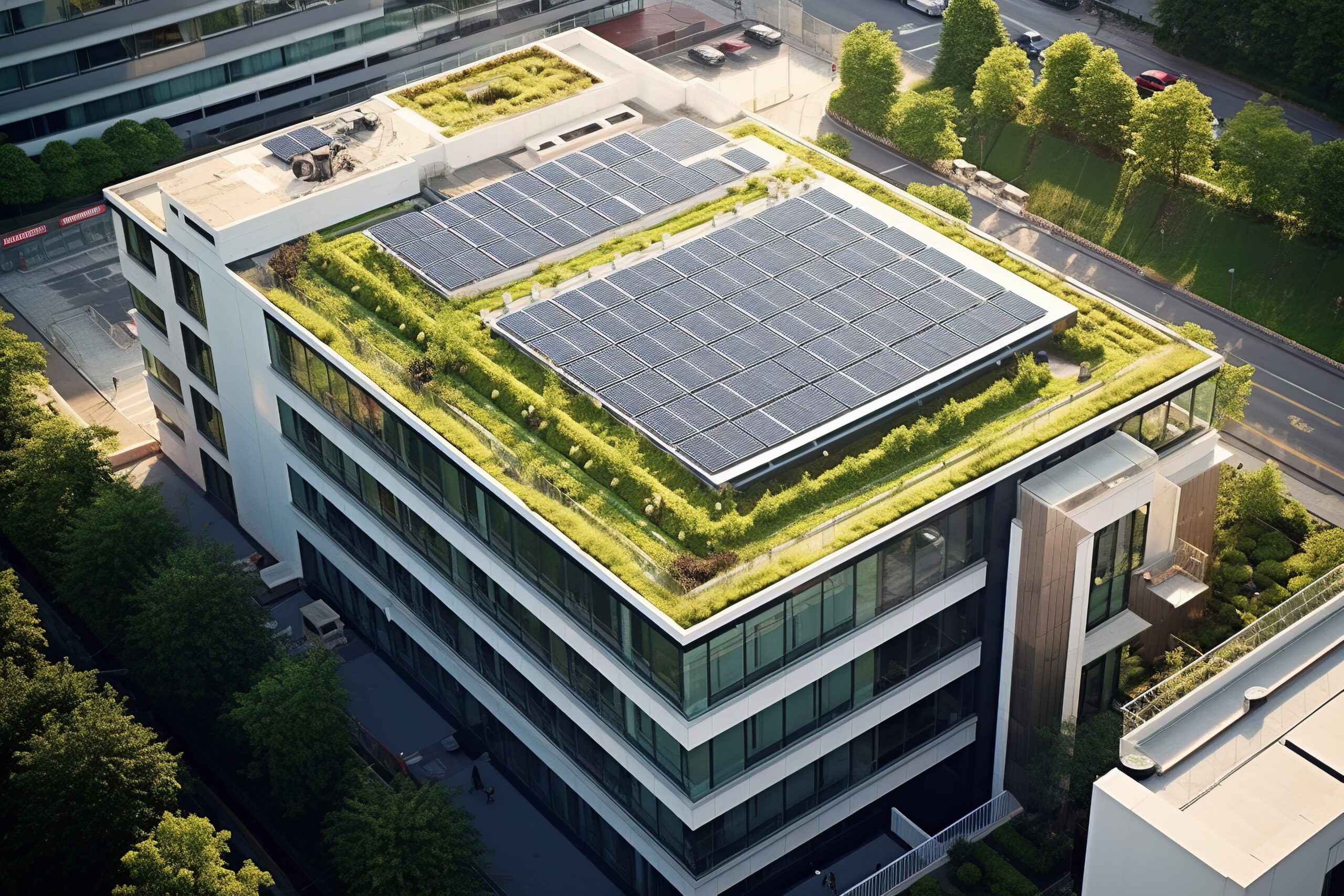
France renews its efforts to overcome its cold homes crisis and meet its climate commitments
French households account for 43% of the country’s total energy consumption[1] and some 19% of its greenhouse gas emissions. In addition, 7 million of its 35 million homes are considered cold homes, in other words, homes that are energy inefficient. Coupled with the fact that 11.7% of French homes or 3.4 million in total, are living in fuel poverty, spending more than 8% of their household income on heating, France is facing an escalating crisis that is not only detrimental to the health and social well-being of its citizens but also threatens to derail its climate commitments.
Fuel poverty and the energy inefficiency of homes is not a problem unique to France. Building norms for insulating and heating homes and the price of energy differ from country to country and some fare better than others, but France is an interesting case study, not least because of its size as well as its position within Europe as one of the leading champions of the Paris Climate Accord.
However, in France, as elsewhere in Europe, this topic is not new and for over a decade, successive governments in France have all made proposals to renovate the country’s housing stock with relatively limited results. The Coronavirus outbreak, which confined people to their homes for 2 months, has brought the topic once again to the fore, highlighting the stark inequalities that exist, particularly in relation to fuel poverty. This has galvanized society at large but is also inciting the government to review its existing policies.
On the 29th June, at the Élysée Palace, the Citizens Convention for Climate (La Convention Citoyenne pour le Climat)[2] met with President Emmanuel Macron to put forward 149 proposals to build a more sustainable model for society. Of these, 146[3] were retained and are being reviewed by the government, including a proposal to make property owners and landlords responsible for retrofitting 20 million homes by 2040 with the earlier deadline of 2030 for all ‘cold homes.’ The proposal also sets an energy performance target of A, B or C for all retrofits, which is far more ambitious than the current legal requirement of E.
In order to help low income households pay for the costly retrofit, the Institute for Climate Economics estimates additional public funding will be needed in the region of 11 billion euros on top of the 4 billion euros already ringfenced for housing retrofit. However, although the French president said he was committed to eliminating ‘cold homes’, he has not gone as far as to agree to legally binding requirements which he says would put insurmountable financial pressure on households and reduce the availability of quality housing.
As we await more clarification on the commitments from government, it is interesting to note that the Citizens Convention for Climate also highlights the need for a ‘whole house’ retrofit model as opposed to the current piecemeal approach in which a house has either its windows replaced, a new boiler fitted or its insulation improved, which prevents significant energy efficiency gains from being reached.
According to a 2018 study published by ADEME[4], the French agency for an ecological transition, only 5% of the energy retrofits made to 5 million homes, raised their energy performance by two levels.
Charles Arquin, from research consultancy Pouget Consultants, agrees. He says that until now there have been too many missed opportunities to retrofit homes efficiently. The example he gives is that when the façade of a building is renovated, the exterior is not systematically insulated, which it should be. According to the expert, up to 90% of renovations[5] comprise one off, small improvements and lack any forward thinking about the potential improvements and higher energy savings that could be made if the whole building were taken into consideration.
Although it remains to be seen what the French government decides, Emmanuelle Wargon, Secretary of State for the Ecological Transition, has said that the energy retrofit of buildings will play a pivotal role in the country’s post COVID 19 recovery.
As well as being a firm believer in the ‘whole house’ retrofit model particularly for ‘cold homes’, which she says will need significantly higher investment in the coming years, she is convinced that the energy retrofit of homes is not only good for the planet but also good for boosting spending power and good for job creation too.
[1] https://www.la-croix.com/Economie/France/freins-renovation-energetique-logements-2020-06-15-1201099894
[2] The Citizens Convention for Climate is a French Government sponsored initiative which brings together 150 French citizens from all corners of society, giving people a voice in how France can accelerate its commitments to fighting climate change. The group is tasked with setting out a series of measures which will allow France to reduce its greenhouse gas emissions by 40% from 1990 levels by 2030
[3] https://www.europe1.fr/societe/convention-citoyenne-pour-le-climat-quels-objectifs-pour-les-passoires-energetiques-3978240
[4] https://revue-passages.fr/2020/05/13/renovation-energetique-etat-quantite/
[5] https://lenergeek.com/2020/05/12/charles-arquin-pouget-consultants-redonner-confiance-renovation-energetique/

